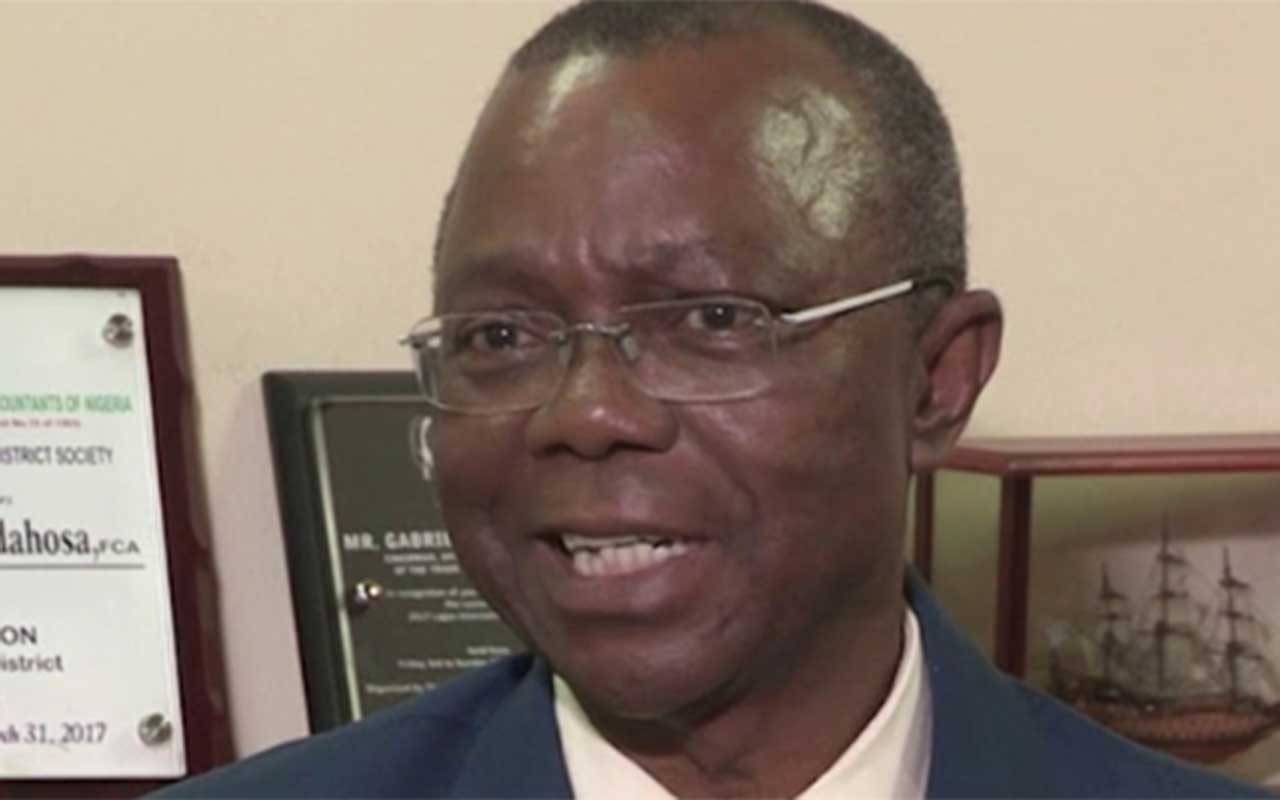Lagos Chamber of Commerce and Industry (LCCI) President, Gabriel Idahosa, has said that Nigeria’s 65 years of independence necessitate sober reflection on the state of the economy, the business environment, and the need for sustained reforms to unlock Nigeria’s full potential.
Examining major macroeconomic indicators, Idahosa said while there was renewed momentum fostering cautious optimism about the economy, it was not time to celebrate, considering the situation of businesses countrywide.
“Key indicators are showing some positive trends worth highlighting. Economic growth is accelerating with Q2 GDP growth rate at 4.23 per cent. Productivity in the oil and gas sector is recovering. Headline inflation, while still elevated, has eased to 20.12 per cent as of August. The naira exchange rate is appreciating and trending below the psychological N1500/USD mark.
“External reserves have strengthened to above $42 billion. For the first time since 2020, monetary policy authorities eased rates to 27 per cent after several hikes due to spiralling inflationary pressures. Significant tax reforms are underway. These developments create a cautiously optimistic business climate. One that offers opportunity but demands sustained policy discipline and private-sector agility,” he said.
According to him, the macroeconomic backdrop presents both opportunities and challenges for the business community, noting that exporters and manufacturers can take advantage of more substantial reserves and a relatively stable naira to secure inputs and plan FX exposures with greater certainty.
Urging the government to ensure a transparent and phased rollout of the new tax framework and provide clear guidance to stem uncertainty for investors, he said fiscal measures targeting critical inputs, in line with prudent monetary policy, could accelerate the disinflation trend without undermining reserves.
Adding that Nigeria and the economy stand at a pivotal juncture at 65, he called for the deepening of structural reforms that would ease the cost of doing business.
Calling for the acceleration of industrialisation policies that boost local manufacturing and exports, he said they expect to see the implementation of the 30 per cent Value-Addition Export Bill, passed by the National Assembly and the Executive Order on Nigeria First Policy to boost local manufacturing.
Calling for better support for SMEs and startups as the backbone of economic transformation, he urged the government to drive the implementation of the new laws with transparent regulatory systems, a fair and equitable tax system and a continued focus on the real economy.
He expressed confidence that with sustained reforms and collaborative efforts between the public and private sectors, Nigeria could unlock its immense potential and secure a prosperous future for its people.

